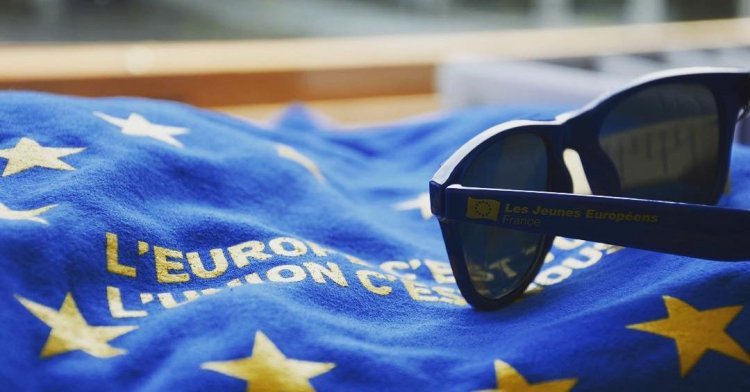Multilingualism has been a fundamental principle of the European Community, which guarantees the equality of each language and a respect for linguistic and cultural diversity. Such respect was “translated” into concrete action from the beginnings of the community, before being formally defined as a policy in itself: thus, no legislation can now come into force at the European level without it being produced in the 23 official languages. This is the subject of the conference that the DGT of the European Commission organised earlier this year in Brussels on the theme of “Translation in the European Commission from 1958 to 2010, a multilingual community work.”
The Commission has presented this opportunity to study the functioning of the multilingual European Economic Community and information from historical archives of the institution and the contribution of some sixty officials have been compiled. This is the first attempt to trace the actual functioning of multilingualism in the Commission since the ECSC. The study shows the role of translation to bring citizens closer to Europe as “the sense of European citizenship is born from the feeling of being understood, accepted and respected in their culture.”
Multilingualism is also a challenge for Europe, its citizens and the European institutions that had to constantly adapt to successive enlargements and the requirements new languages imposed. The use of translators and interpreters will, in the future, be ever more frequent as it is obvious that nobody will be able to master all the languages of the Union. The translation is therefore “the bridge between nations, the key to understanding the other, that element which allows the EU to be ever more human”.
Today, it should be impossible to design a European policy without integrating multilingualism as a prime factor, which is essential for the democratic foundations of the EU, for its innovative capacity and to assess its impact and relevance.


Follow the comments: |
|
